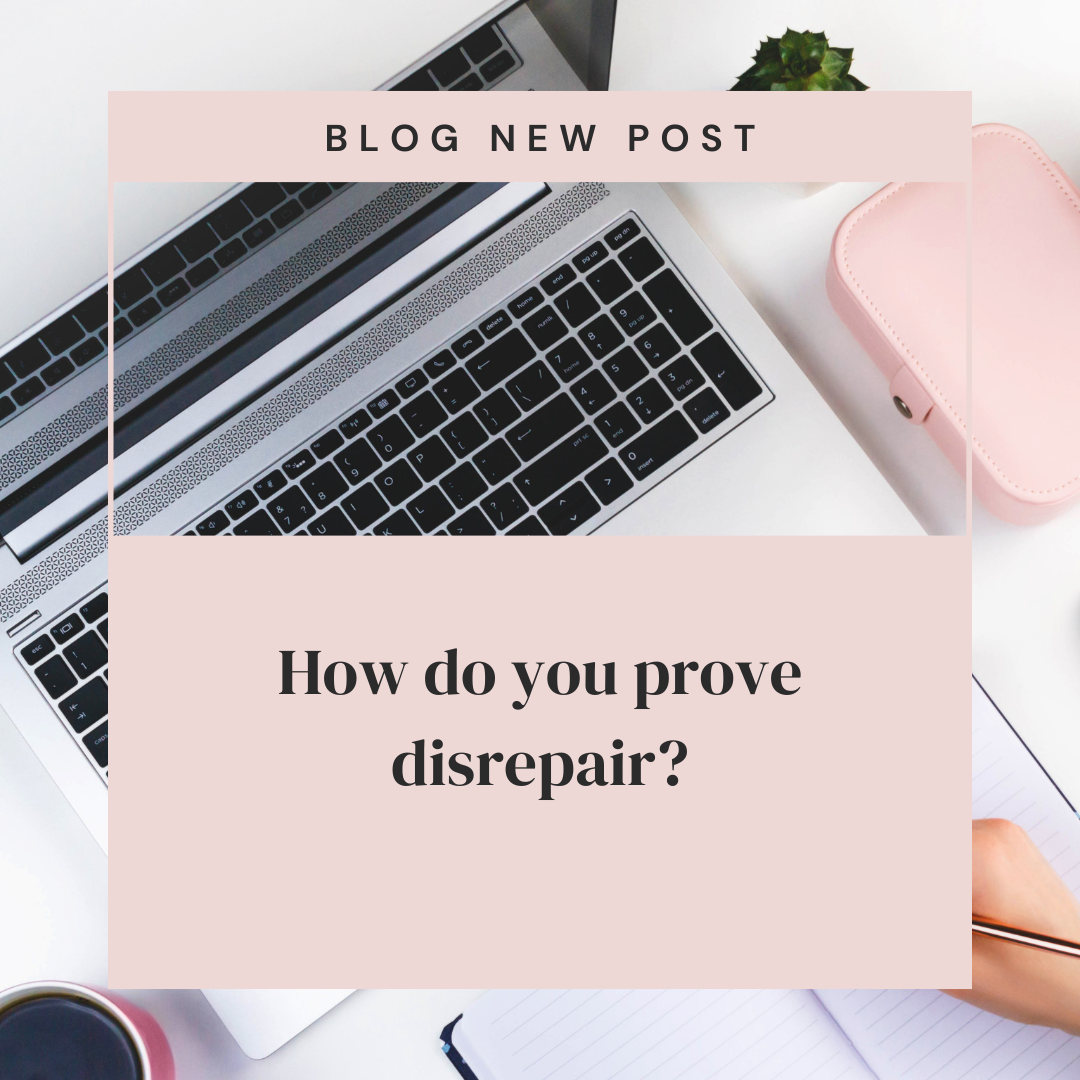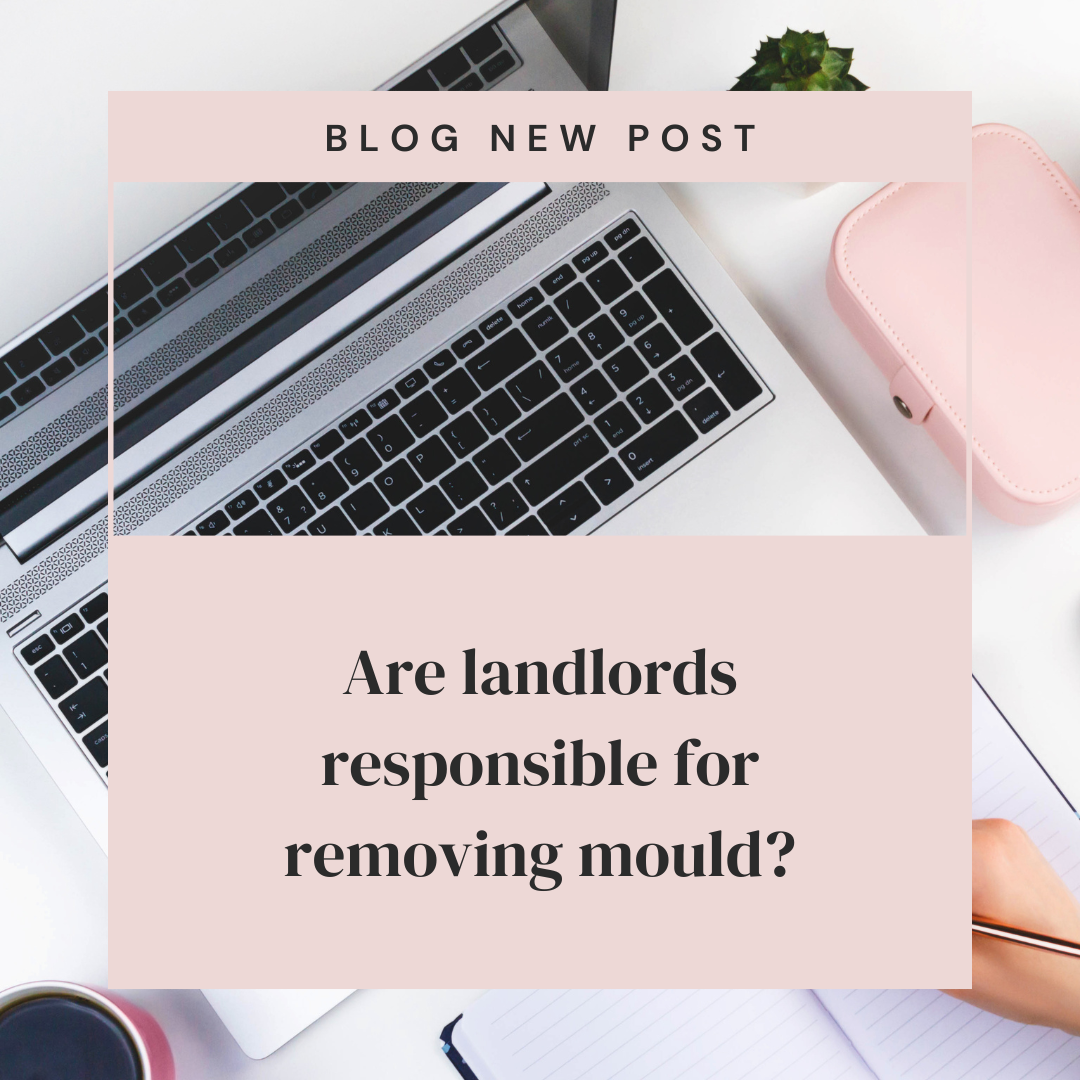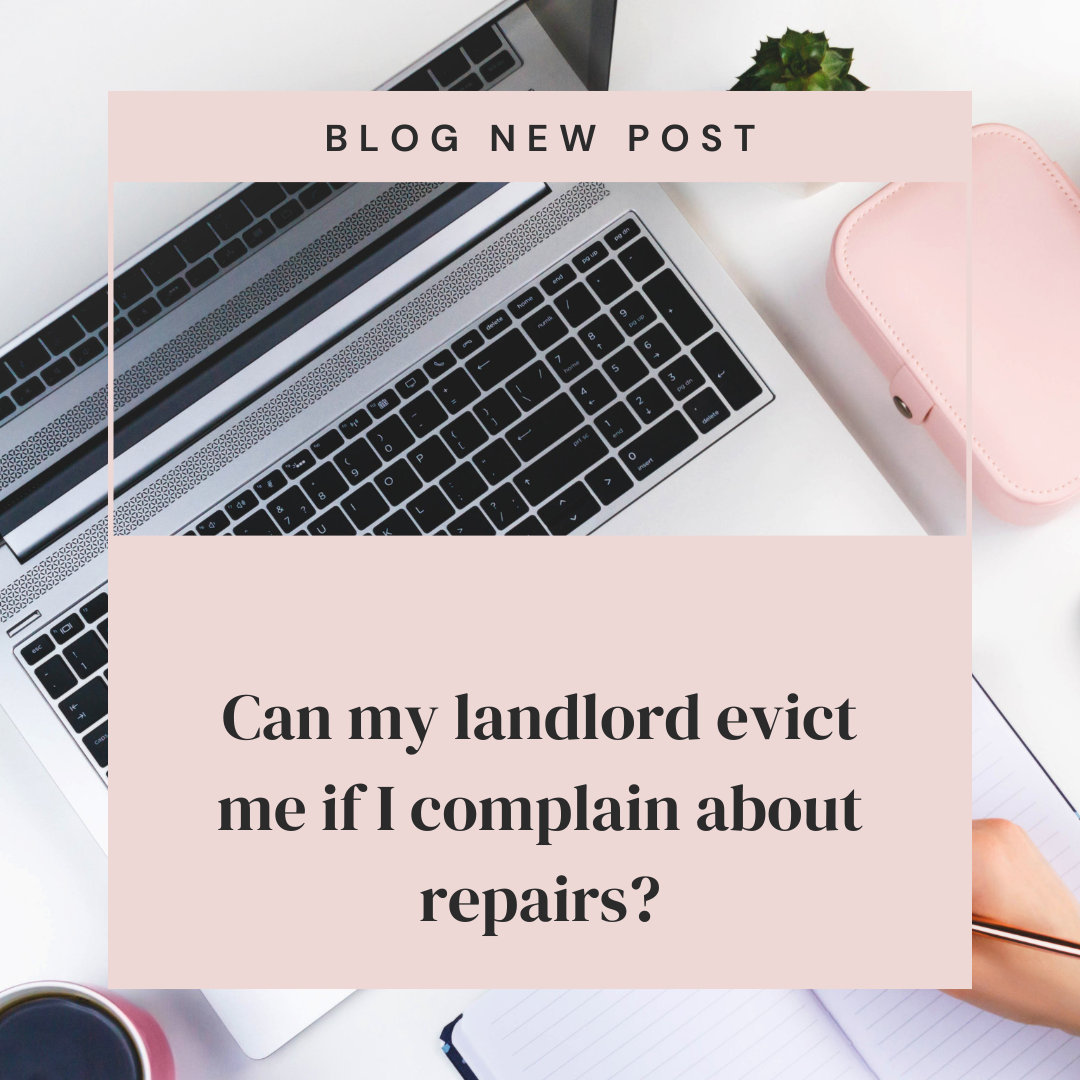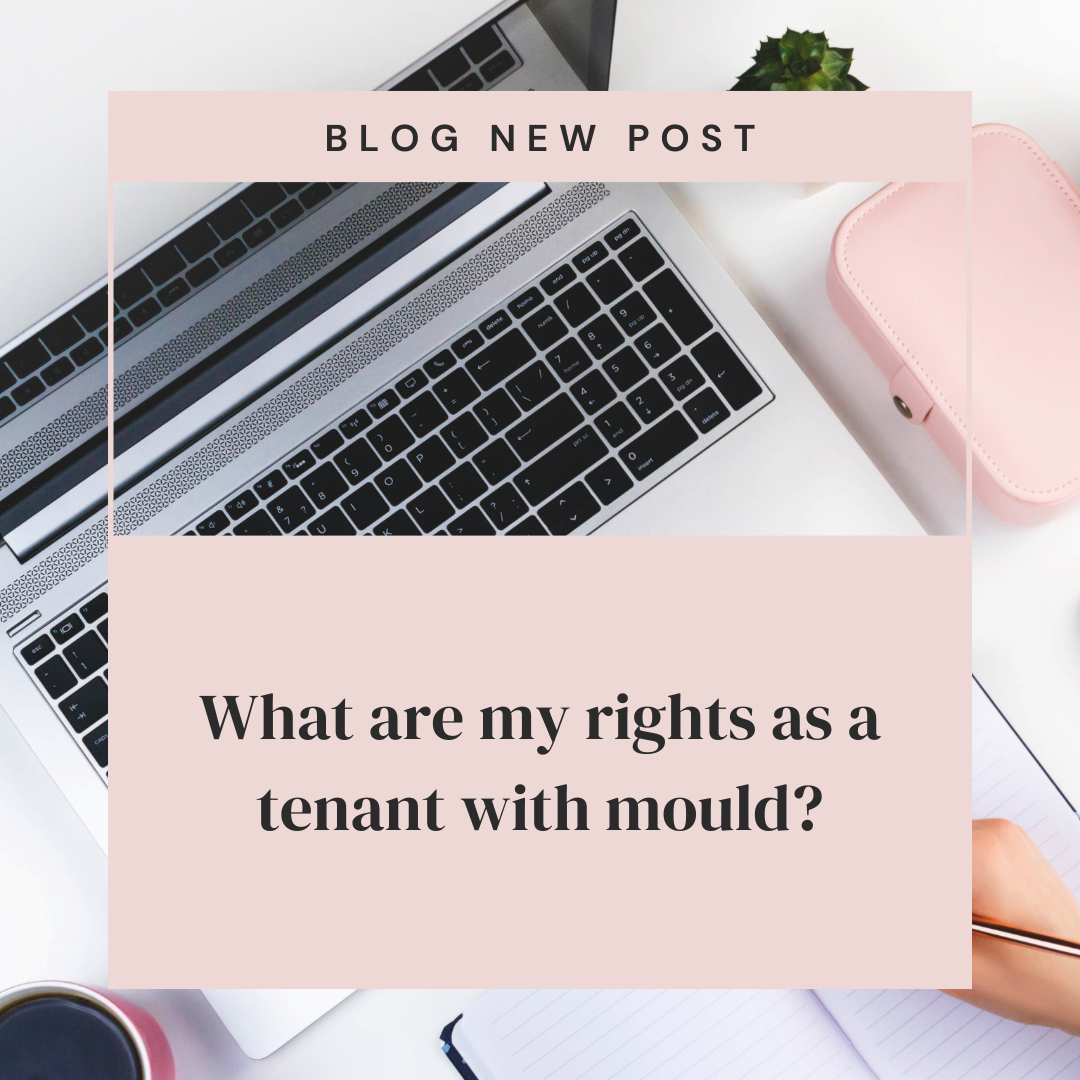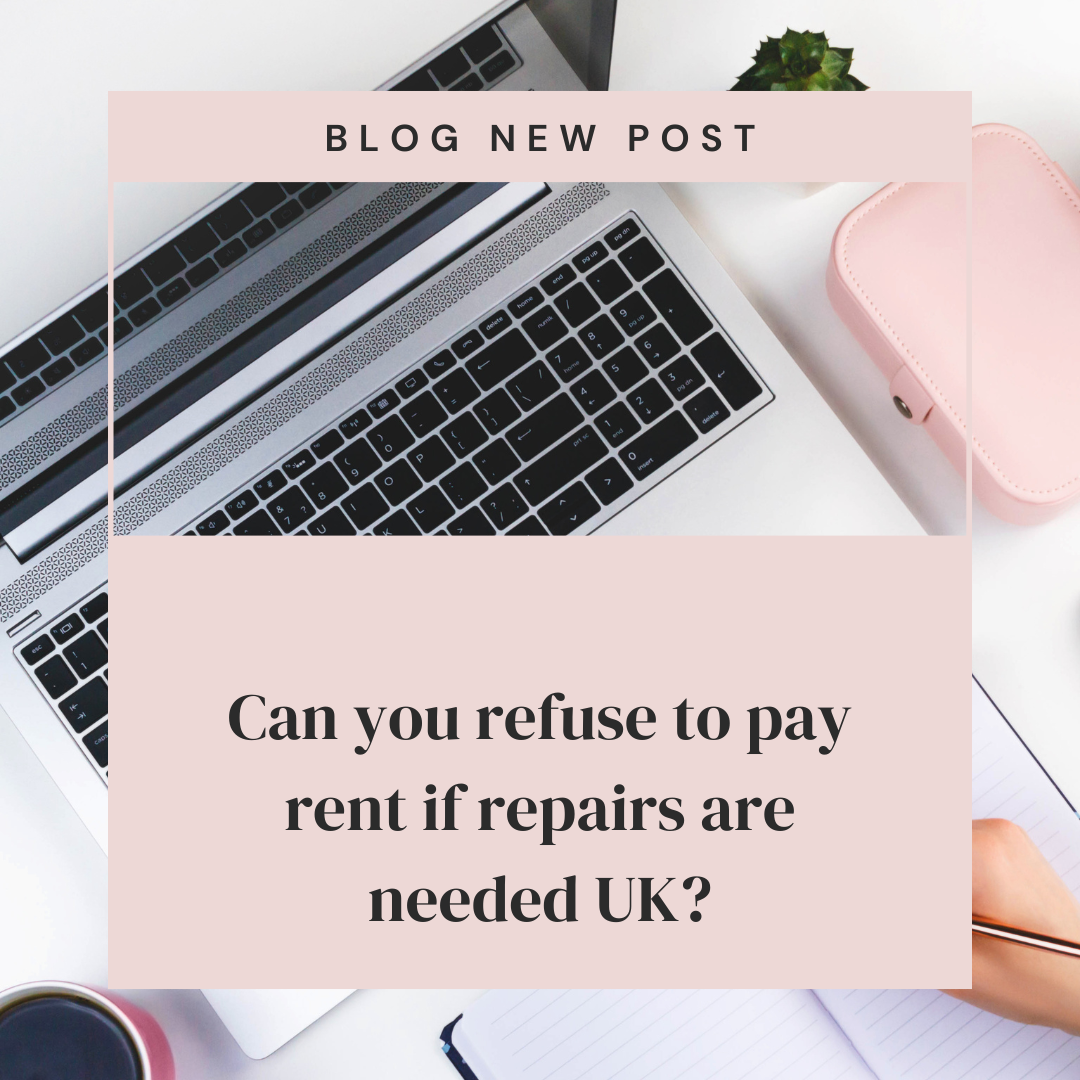How do you prove disrepair? Disrepair is a legal term used to describe a property that is in a state of neglect or disrepair. It can include a wide range of problems, such as:
- Leaking roofs
- Damp and mould
- Faulty wiring
- Broken heating systems
- Damaged windows and doors
- Structural problems
If you live in a property that is in disrepair, you have the right to have it repaired by your landlord or local authority. However, it is important to be able to prove that the property is actually in disrepair.
Evidence of disrepair
The best way to prove disrepair is to collect evidence. This can include:
- Photographs of the damage
- Videos of the damage
- Written reports from surveyors or other experts
- Witness statements from neighbors or other people who have seen the damage
- Copies of any correspondence you have had with your landlord or local authority about the repairs
It is important to keep a record of all evidence you collect. This will help you to prove your case if you need to take legal action.
Housing disrepair
If you are a tenant in a property that is in disrepair, you should first contact your landlord and ask them to make the repairs. If your landlord fails to make the repairs, you can take them to court.
In order to win a housing disrepair case, you will need to prove that:
- The property is in disrepair
- Your landlord has failed to make the repairs within a reasonable time
- You have suffered a loss as a result of the disrepair
If you are successful in your case, the court may order your landlord to make the repairs and pay you compensation for any losses you have suffered.
Landlord responsibilities
Landlords have a legal responsibility to keep their properties in a good state of repair. This includes making any necessary repairs to the structure, exterior, and interior of the property.
Landlords also have a responsibility to ensure that their properties are safe and habitable for their tenants. This means that they must repair any defects that could pose a risk to the health or safety of their tenants.
Tenant rights
Tenants have the right to live in a property that is in a good state of repair. If their property is in disrepair, they have the right to ask their landlord to make the repairs.
If their landlord fails to make the repairs, tenants can take legal action against them. Tenants may also be able to withhold rent until the repairs are made.
Conclusion
If you live in a property that is in disrepair, it is important to act quickly. The sooner you report the disrepair to your landlord or local authority, the sooner the repairs can be made.
If you are having difficulty getting your landlord to make the repairs, you should seek legal advice. There are a number of organizations that can help you to do this, such as Citizens Advice and Shelter.
Important links
Housing Disrepair Advice: https://housingdisrepairadvice.org/contact
Housing Ombudsman: https://www.housing-ombudsman.org.uk/
